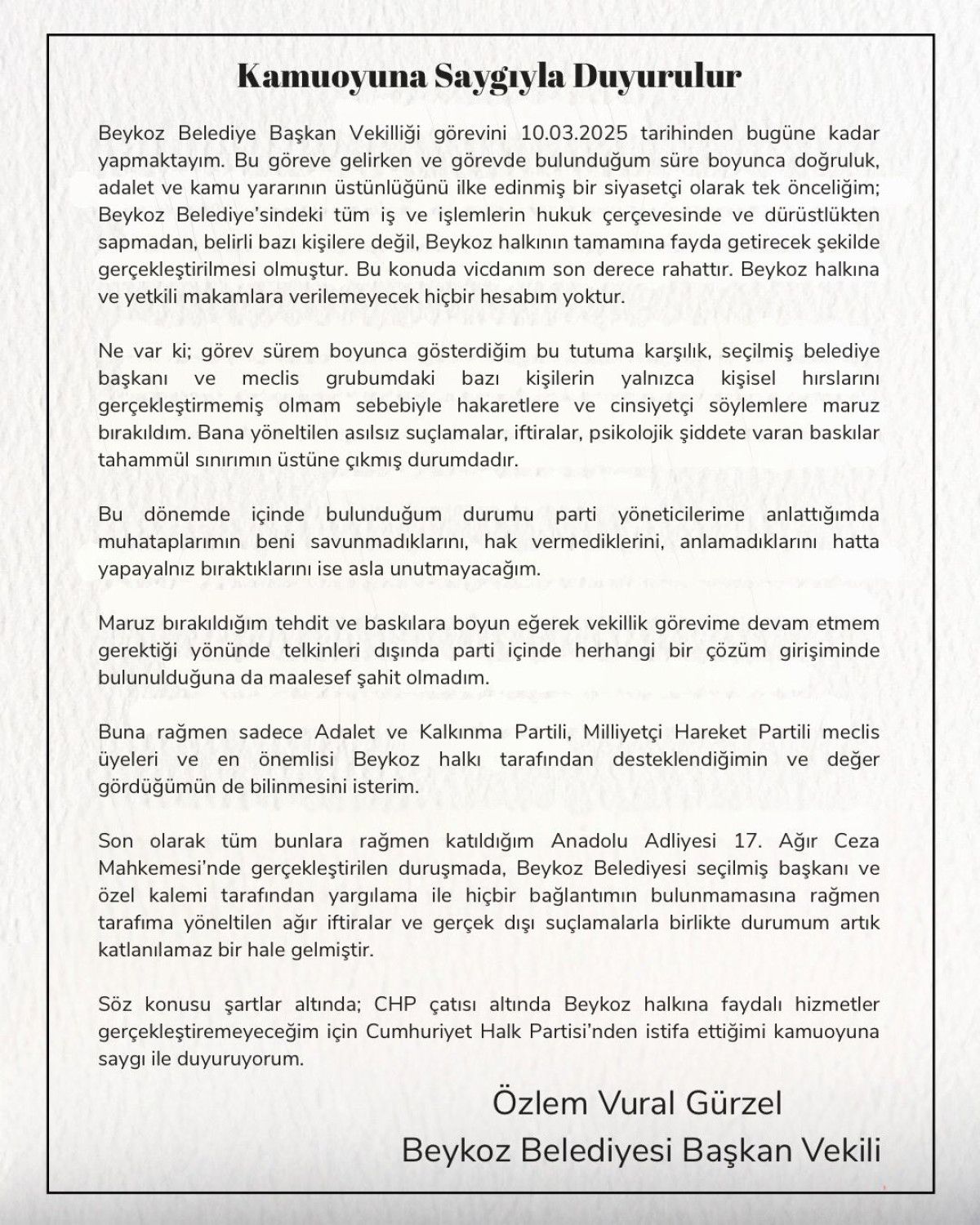Modoratör
Efsanevi Üye
What happened to the Puritans who left the Church of England?
These Separatists left the national church and began holding their religious meetings, with many migrating to the Netherlands to escape persecution and worship freely. Nevertheless, most Puritans remained within the Church of England.
Was the Massachusetts Bay Colony a punishment from God?
Was the Massachusetts Bay Colony a punishment from God?
When the old planter colonies in New England began to fail, the Massachusetts Bay Colonists believed it to be a punishment from God for establishing a colony for financial reasons rather than religious ones, according to Cotton Mather in his book Magnalia:
Where did Puritan immigrants come from in England?
Although Puritan migrants came from almost every county in England, the greatest groups of these migrants came from Eastern and Southern England, particularly the East Anglian counties of Norfolk, Suffolk, and Essex; London, Hertfordshire and Kent; and the southwestern counties of Wiltshire, Somerset, Dorset,…
What is the difference between a non-separating and a Separating Puritan?
What is the difference between a non-separating and a Separating Puritan?
Most Puritans were "non-separating Puritans", meaning that they did not advocate setting up separate congregations distinct from the Church of England; a small minority of Puritans were "separating Puritans" who advocated setting up congregations outside the Church.
What is the difference between a Puritan and a Protestant?
In its widest historical sense, the term Puritan includes both groups. Puritans should not be confused with more radical Protestant groups of the 16th and 17th centuries, such as Quakers, Seekers, and Familists, who believed that individuals could be directly guided by the Holy Spirit and prioritized direct revelation over the Bible.
How did the Puritans view the relationship between master and servant?
How did the Puritans view the relationship between master and servant?
Puritans viewed the relationship between master and servant similarly to that of parent and child. Just as parents were expected to uphold Puritan religious values in the home, masters assumed the parental responsibility of housing and educating young servants.








